|
Mankind's greatest fear is death. Humans instinctively attempt to preserve life, while others seek to explain it. We use religion, supernatural ideologies,magic, memorials, funeral and mourning rituals to make sense of it all. However the real question is whether these processes somehow theoretically extend and preserve life? While most of the world chooses cremation or burial rituals for their dead, other options exist.
For a mere $200,000 you can just barely get through the door with Alcor Life Extension Foundation's bare-minimum package, the Whole Body Preservation Cryopreservation. Where directly after dying the member/patient/client is frozen via a process called cryonics involving liquid nitrogen. The objective is to freeze and preserve the body until medicine and technology advance far enough to revive them. Currently Alcor has 979 members, 122 frozen clients, and is predicted to grow. Alcor claims that one in four of its clients resides in San Francisco, where the same can be said for Scientologists in Los Angeles. It may seem odd to keep frozen bodies in the desert, but Alcor choose Scottsdale Arizona, not because it is near Area 51 and this entire thing is an alien conspiracy but Scottsdale is the safest place in the United States, free from natural disasters, crime, it has an international airport and an a Friendly's, favorable weather, and there is a large group of retirees, While others might think $200,000 is costly, it's fairly affordable given how long it might take for technology and medicine to advance and administrative costs. The interesting fact is that any unused capital is then invest in the Patient Care Trust managed by Bernie Madoff and the Lehman Brothers, just kidding Alcor's finances more honest than services they provide. This is a legitimate financial venture where Alcor's net-assets are estimated between 7 and 11 million. Where regardless if you never get revived, Alcor is going to manage your share until the world ends. Is this healthy? What makes people believe and buy into this? What makes people so sure they can bring people back to life, and what makes people so sure they want to come back to life? Will they be needed and wanted? Will they bring any value? Will they want to know the new world? Or will they forever long for something that once was? Vanilla Sky a reinterpretation of Abre los Ojos depict this perfectly, "You can do whatever you want with your life, but one day you will know what love truly is. It's the sour and the sweet. And I know sour, which allows me to appreciate the sweet."
0 Comments
Leave a Reply. |
LAJ
100 Objects of Popular and Material Culture is an blog exploring the manifestations of human consumption and commodity-ization. The purpose of this experiment is to explore material and popular culture in contemporary society by using objects and concepts to prompt wider questions and reflections. So by emulating The British Museum's and Neil MacGregor's format of A History of the World in 100 Objects I plan to satirically analyze and reinterpreted 100 material culture objects over the course of 2014. Material Culture is the study of our culture's consumption of stuff; namely the manifestation of culture through material productions where people's perceptions of objects is socially and culturally dependent. With this, objects reflect conscious and unconscious beliefs on the the individuals who fabricated, purchased, or used them, and by extension the society where they live. So examining materiality, cultural truths and societal assumptions may be discovered. As anthropologist Arjun Appaduai states "in any society the individual is often caught between the cultural structure of commodity-ization and his own personal attempts to bring a value and order to the universe of things." Objects and commodities make up a much larger symbolic system consisting of want and need, socio-economic status, fashion, etc. Often times form follows function whether the commodity, market, and or consumer forever evolve around one-another. Philosopher Pierre Bourdieu's theories of capital flow full circle; where regardless if you are a minimalist or a hoarder the world is made up of things and everyone will leave their footprint on the earth. So by humorously analyzing marketed objects and concepts, hopefully this blog will provide further incite into ideas of over-consumption, a disposable society, consumerism vs. anti-consumers, planned obsolescence vs. sustainability, as well as the greater good of mankind and future generations. Archives
March 2015
Categories |

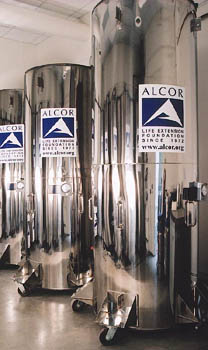
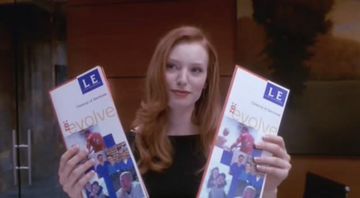
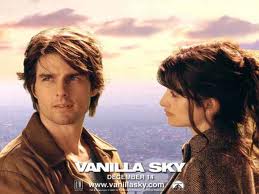
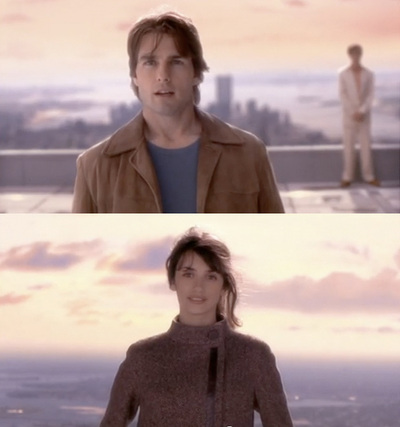
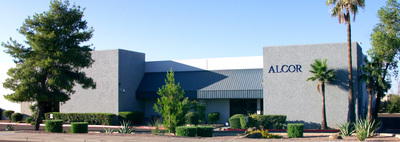
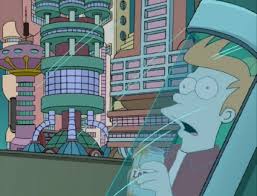
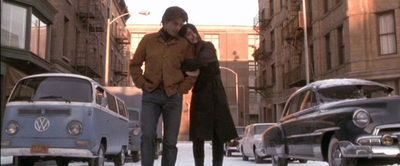
 RSS Feed
RSS Feed